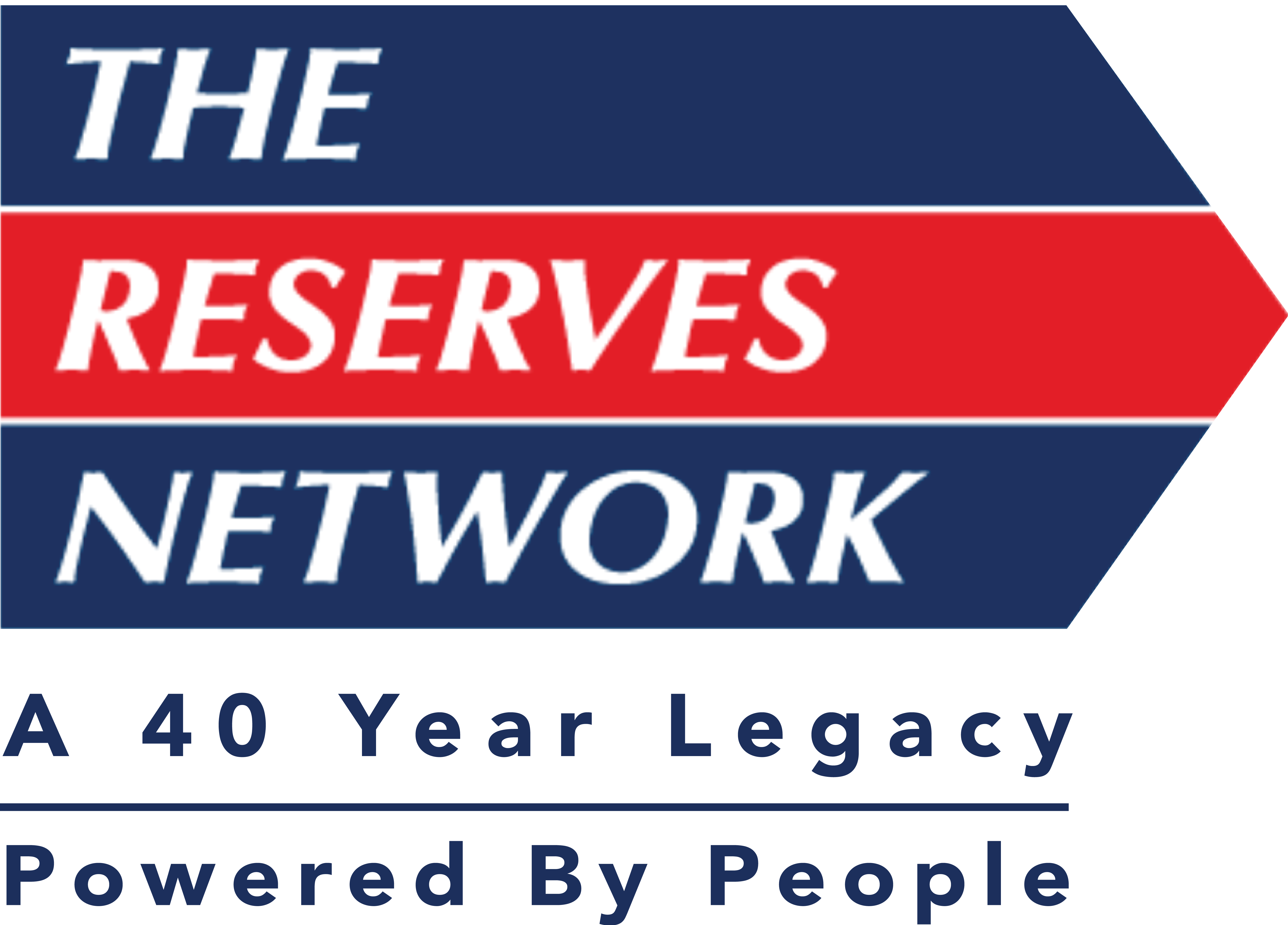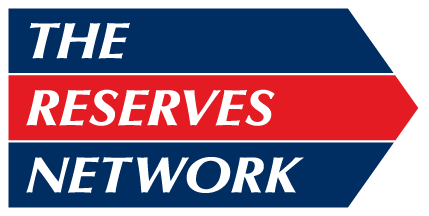Safety First: Making Your Workplace Safer in Celebration of National Safety Month
Businesses are under intense pressure to produce high-quality products and services in an increasingly competitive economy. While the backbone to a successful business may be in offering great products or top-notch services, businesses must also devote time and resources to ensure their work environment is safe for their employees.
Following industry safety standards does more than ensure your business is compliant with current regulatory standards: it also protects the future of your business by avoiding preventable injuries and decreasing expenses.
“Work-related injuries and illnesses come at an exorbitant cost, “said Kim Horwedel, director of risk at The Reserves Network. “The average workplace injury could cost a business thousands of dollars – that’s just one of the reasons safety is so important.”
Workplace injuries often increase premiums for workers compensation and liability insurance, which can leave a heavy dent in your company’s revenues and profits. Thankfully, there are several ways that your business can decrease the risk of injuries in the workplace.
-
Evaluate Workplace Hazards
Take an inventory of potential hazards in the workplace. Understand potential risks associated with your industry, and consider what dangers are common in your field. Make sure all machinery and equipment is working properly and is regularly serviced. Faulty machinery and equipment is one of the leading causes of injuries in industrial workplaces.
-
Keep the Workplace Clean and Clutter Free
Ensure that the work environment is kept orderly. Spills should be cleaned up immediately, pallets should not hold more than the recommended weight, workspaces should be free of clutter, and workers should clean up throughout the day. Sanitation issues should be addressed on an ongoing basis to avoid a potential health hazard. Keeping common areas clean also prevents the spread of illnesses. Emergency exits should be free of any impediments in case an emergency occurs.
-
Use Extension Cords Properly
Never use multiple extension cords or surge protectors for equipment, machinery, or tools – only use extension cords in accordance with the manufacturers specifications. Never use electrical tape to patch or cover rips or tears in an extension cord. Also, don’t allow extension cords to remain on the floor for prolonged periods of time. Not only can extension cords become tripping hazards, but heavy traffic can cause damage to the insulation and potential electrical hazards.
-
Emphasize Training
Initiate an employee safety training program to educate all workers on proper workplace protocols and introduce them to the company’s safety policies. Post signs related to equipment safety in visible places to serve as reminders. Develop plans in case an emergency occurs and be sure to train staff and employees to follow those procedures. Create an environment that positively rewards workers for maintaining a safe, clean, and healthy workplace.
-
Use Proper Safety Equipment
If your industry requires workers and employees to use protective gear, make sure these regulations are followed. Whether it be hard hats, gloves, or eyewear, such equipment is necessary to prevent the risk of injuries.
Although work-related accidents are declining, costs associated with workplace injuries and illnesses are increasing. Businesses that wish to remain successful and profitable must implement and enforce safety measures in the workplace. With many businesses turning to temporary employees and staffing agencies to fill vacant positions, companies must go the extra mile to convey the importance of workplace safety standards to their workers.
Contact The Reserves Network today to discuss how you can protect your employees, and build a healthier, stronger workforce.



